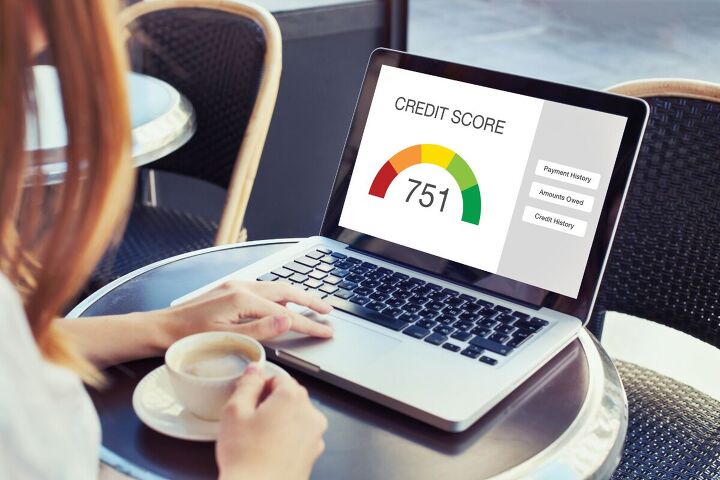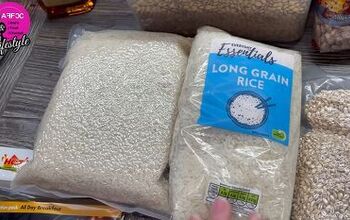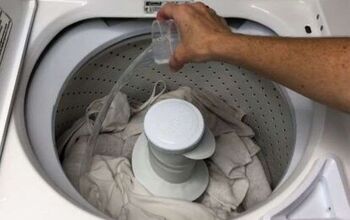How to Raise Credit Score Fast: Tips, Tricks & Hacks

I'm going to talk about how to raise your credit score fast because a majority of Americans have a huge problem. They cannot take on debt because of a low credit score or have too much debt and insufficient income to pay the bills. So we will knock out two birds with one stone in this discussion.
No credit history
I cash-flowed everything in college—my car, tuition, and groceries. Then I saved up, and my wife and I stepped up to the plate to buy our first house. She had a great credit score, and I was naively shocked that mine was nonexistent—no credit to be found.
Nearly half of Americans have a credit score of 750 or higher. I had a nonexistent credit score because I had never had a credit account. I never had a credit card. I never had any debt to my name. I always bought used, paid in cash, and was off the radar until I became a young married adult.
Credit scores
Based on today's estimate, an average score of 716 would be a good score by FICO standards. So credit scores they're like a grade for your borrowing history. They fall between 300 and 850.
The higher your score, the better your ability to take on debt is. You get better interest rates on loans and access to better credit cards.
How to counteract no credit
If you find yourself trying to buy a house out of college and you've never really had to make payments on things other than paying for cash for your cell phone bill, or if you're splitting a room with a roommate, then you may run into a brick wall of not having any credit.
Here are the three ways I've helped build our family's credit. And Hopefully, this is something that you can benefit from directly as well.
Make on-time payments
The first is to make on-time full payments. Plenty of people have this false mentality that you must carry some sort of balance. When I look at this and say make full payments, I'm talking about keeping your total utilization in the single-digit percentages.
Let's say that you can spend $10,000 worth of credit overall. That's your credit limit. Let's say you've got one card, and it's got a $10,000 limit. You're going to want to try to keep your use of that card below 10%.
It'd be great if you were hovering around 2% to 3% of what's available to you on that credit card and then paying it down. Build on that collectively across all your lines of credit.
Keep unused credit accounts open
The reason for this, and this is one of the big reasons why some people and older generations have excellent credit, and the average credit score for each generation goes up and up, is because they have longer account ages.
Too many people close accounts, which is a big reason why, as I mentioned before, the older generations have better credit because they've had a card open for a few decades. In contrast, maybe you've only had a few years to be able to build up some of the average age.
The opposite works as well. Right before you try to get a mortgage or take on some additional debt, don't open up a credit card right before that process because that's going to lower your average age.
In the best case scenario, when you turn 18, you have one credit card, you hardly ever use it, and you roll that along until you're ready to buy your first home. That's going to build up a large amount of credit.
You make full payments on it. You use it to buy a pack of gum every once in a while at the university center. That's a typical sound methodology for building up credit if you're younger.
Keep track of your score
Keep yourself informed of your credit score development over time. You can use apps that will help you keep track and maybe even give you some other tips that will be more targeted and specific to where you're at.
The guidelines
These are what I would consider descending levels of importance.
First, you need to be making full payments. That's the number one way because your credit score is really just a grade on your likelihood to go past due on a payment by 90 days or more.
Your credibility as a consumer is just how likely you will not pay your bill and have it go past due for 90 days.
To sum things up, here are three things we do to help us when we're in this credit game.
1. The first thing is to have a card that helps build your credit. I know this is a controversial topic, but if you're an anti-credit card, there are debit cards out there that will help you build your credit, and they're great solutions if you want to avoid credit cards altogether.
2. The second thing is to check your score regularly. If you have a resource like a credit building card, this will be something where you can have an app on your phone that will give you alerts. It's going to monitor your credit score.
Use something like Credit Karma; it should be free. Find a free solution to monitor your progress and make some tips on how you specifically can implement some of the tools and examples that we outlined.
3. Finally, you're going to make payments. You can check the statement once a month, then pay off the balance. Don’t carry over a balance, and try to keep that utilization low.
How to raise your credit score fast
If you have nonexistent credit, raising your credit score fast is possible. Use the methods above and commit to monitoring how you use credit. Comment below with tips and insights you have for creating and maintaining good credit.





















Comments
Join the conversation
By Megan Cerullo. January 23, 2023 / 5:31 PM / MoneyWatch. The Federal Trade Commission on Monday ordered personal finance company Credit Karma to pay $3 million to customers the agency alleges were deceived into applying for products they weren't eligible for.
So that's pretty shady of Credit Karma. All of these services earn money with targeted ads and a commission on anything you apply for, which is why Credit Karma overstepped. It's better to not use these for anything other than checking your overall combined credit score. I like Mint better.
At present, 4/4/23, the three major credit reporting bureaus, Experian, Equifax, and Transunion are offering free weekly credit reports, which they used to offer just once a year, as authorized by federal law. The three companies voluntarily started doing this weekly during the pandemic, and are now doing it because of "economic uncertainty." Go to annualcreditreport.com to get your three credit reports.
These reports don't give an overall combined score, but they're better to monitor where you stand on individual accounts, and to spot errors which need to be disputed, or possible identity theft.
Four recommendations from my experience: 1) I don't wait for the end of the billing cycle to pay off my cards - by that time I've forgotten what I have charged. I check my cards daily and pay as soon as a charge posts which keeps me mindful of what I'm charging and also keeps my balances super low at all times and reports a 0 balance to the credit bureaus. 2) Take notice of when your credit card(s) balances post to the credit bureaus. For example, my main credit card reports to the credit bureaus around the 20th of each month. If I show a balance of 0 by that date, that is what is reported to the credit bureau as outstanding debt. If I would have a large balance still on my card, even if I am going to pay it off before the due date, that large balance is what would be reported to the credit bureaus. Example: I just made a purchase of a refrigerator. I put that on a credit card because I want the points. But as soon as it posted two days ago, I paid it off. Today is the 5th of the month, so that large sum will not be reported as "debt" on my cards by the 20th. If I had waited to pay it off until the 25th, then it would show as "debt" on my cards. 3) I keep my credit frozen so no one can apply for credit in my name. Frozen credit is very easy to unfreeze temporarily if you know you're going to need to get a loan or credit for some other purchase. 4) I buy gift cards from the grocery store to use when purchasing less expensive items online to keep my bank and credit card information off sites like Amazon, Target, Walmart, etc. I don't need those smaller items to boost my credit score if I have made major purchases with credit and paid them off.